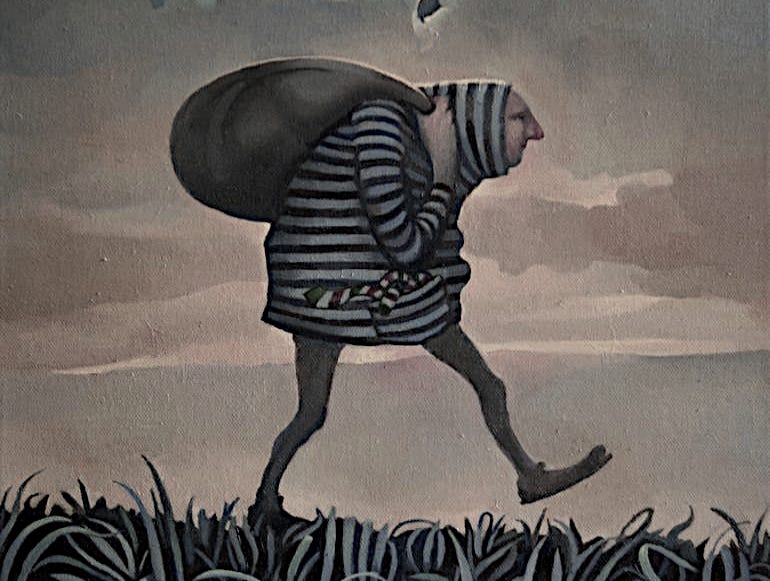THIEVES
Why Work?
The thieves are the little men of culture splattered all over the Human Farm.
In literature, the figure of “the thief” emerged as the generalis ultima, the original and base “petty person,” the foundational archetype from which all subsequent classifications of outcasts and lawbreakers are derived.
All was thieving and thieving was akin to the “wanting of what’s not yours,” which kind of applies to everyone, including your broke-ass friends, sleaze cousins, and bad neighbors. The universal “thief-within-us,” meanwhile, became a political genus onto itself—a breed of “Low Culture.”
From the bandits and rogues, the pickpockets and extortionists, over the burglars and panhandlers to the expert mafioso and “entrepreneurs of opportunity,” all in clay of morals and motive alike:
“Why work for it, if we just can take it?”
These 'takers' became the Small Man or Little Men in our religious writings, and when our leaders talk about the “Common Man,” what they really meant to say was: “all you small-time little gangsters!”
All humans are, to some extent, thieves who steal from the creators. The conflicted man has no bread but has freedom, then pisses away that freedom to have that bread. A pattern emerges. A sobering one:
The thieves want food without work and a place to sleep without paying rent. Pickpockets steal our money, delinquents our time, swindlers our goodwill, and impostors our trust. To the farmer of humans, all humans are considered potential thieves.






